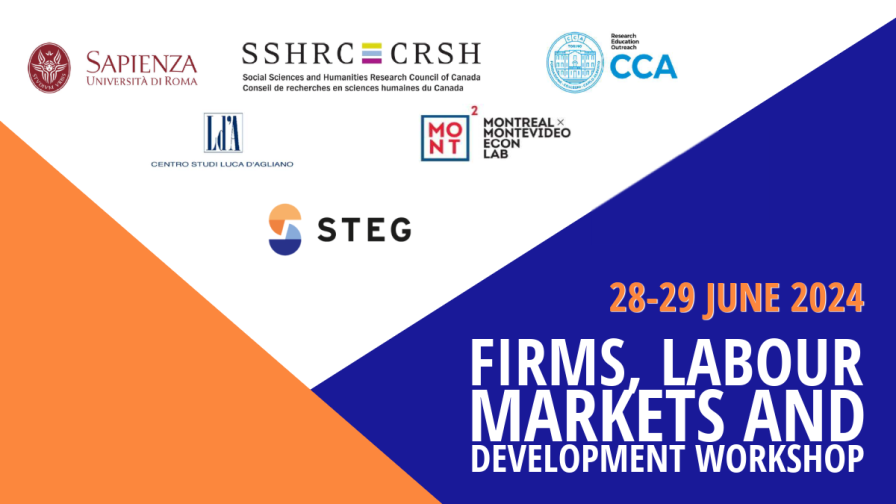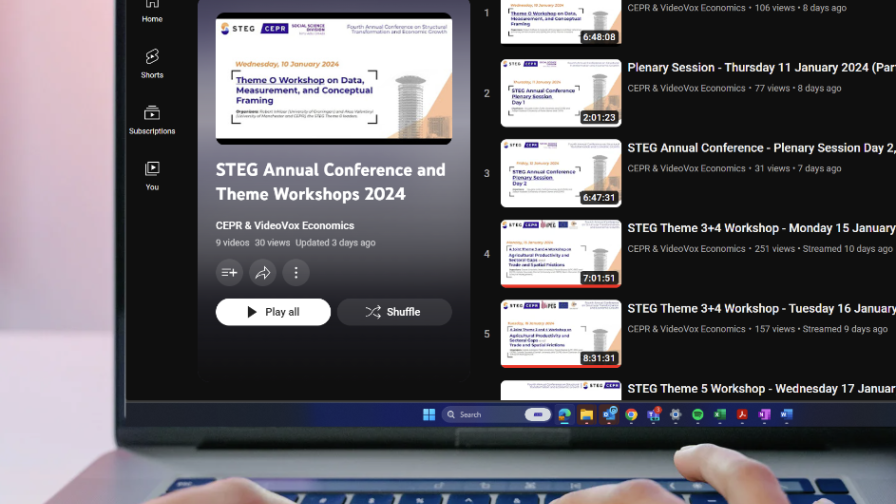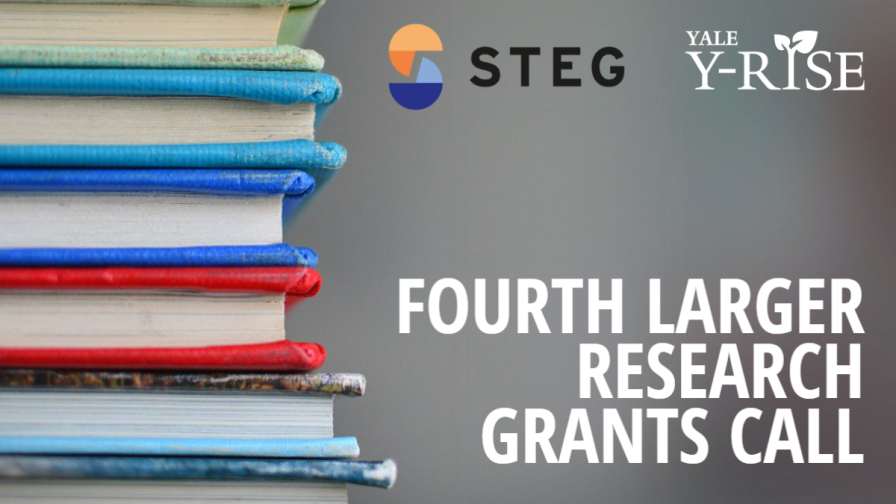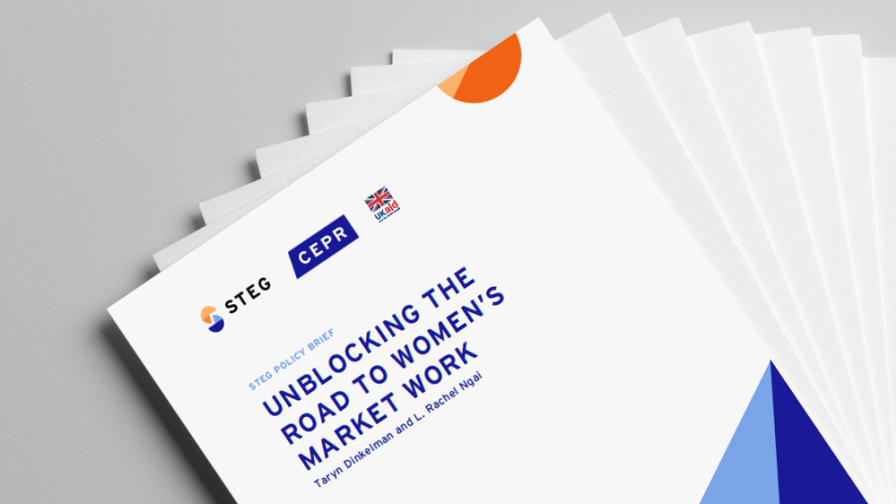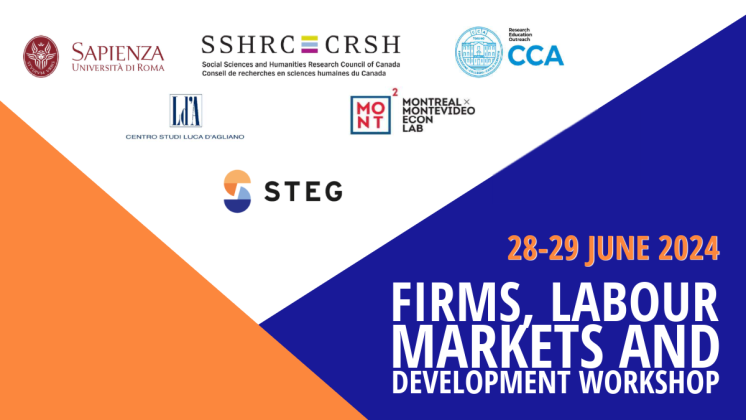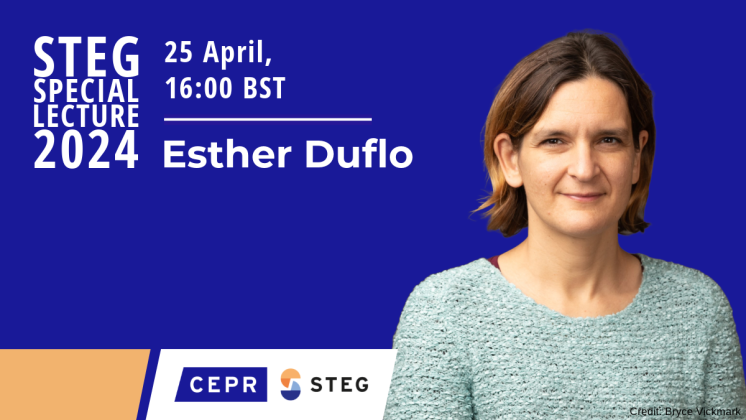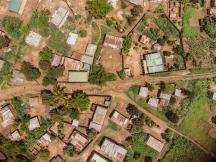Please find below the schedule of the workshops and information about their structure and emphasis. Note that the deadline for call for papers for all five workshops closed on 23:59 BST, Monday, 11 July.
Theme 0: Data, measurement, and conceptual framing
Workshop date: 8 September
This workshop will focus on how improved data or economic measurement can help shed a light on the process of structural transformation and its link to economic growth. There is a particular interest in understanding the challenges for low-income countries. We welcome papers that introduce new data or measurement approaches in this context.
Specific topics and approaches of interest may include efforts to quantify:
- The process of structural transformation
- The role of resource (mis)allocation
- Domestic or international trade costs
- Technology adoption and productivity
- Home production and structural change
Theme leaders and workshop organisers: Robert Inklaar (University of Groningen) and Akos Valentinyi (University of Manchester and CEPR)
Theme 1: Firms, frictions and spillovers, and industrial policy
Workshop date: 16 September
This workshop will focus on the roles of firms, frictions, spillovers and industrial policy in structural transformation and economic growth, with a particular interest in understanding the challenges for the poorest countries. Methodologically, we invite a wide range of approaches including theoretical modelling, quantitative analyses, empirical work utilising secondary datasets and micro-compartments in developing countries.
Specific topics and approaches of interest may include:
- Aggregate quantitative modelling featuring heterogeneous firms
- Microempirics of firms in developing countries
- Measurement and quantification of technological spillovers and knowledge diffusion
- Measurement and modelling of barriers to firm entry, growth, and the allocation of resources across firms
- Importance of interactions among producers, e.g. firm to firm trade, production chain decisions, outsourcing
- Empirical, theoretical, or quantitative analysis of industrial policy
- Analyses of macro policies promoting firm productivity and growth
Theme leaders and workshop organisers: Francisco Buera (Washington University in St. Louis and CEPR) and Ezra Oberfield (Princeton University)
Theme 2: Labour, home production, and structural transformation
Workshop date: 13 September
This workshop focuses on how home production and market work change during the process of structural transformation, as an economy develops. We are particularly interested in how different types of barriers -- in the home and the market -- affect the movement of work from households into the market, and how these barriers may affect different workers (men/women, unskilled/skilled, etc) in different ways. Our interest is in identifying barriers that help us understand structural change in the labour market in developing countries: how it might be similar to the historical record in developed countries, and ways in which it might differ.
We invite a wide range of methodological approaches including theoretical modelling of mechanisms, quantitative analyses, and empirical work combining rigorous causal methods with secondary datasets from developing countries. Specific topics of interest may include (but are not limited to):
- The role of technology, and infrastructure, in affecting home and market labour productivity in developing countries
- The role of social norms in constraining the type of work that women do in the market
- The misallocation costs of barriers to structural transformation in specific labour markets of developing countries
- Analyses of policies that promote market work for specific types of workers
- How international trade alters the shift of work from home to market among women in developing countries
Theme leaders and workshop organisers: Taryn Dinkelman (Notre Dame and CEPR) and Rachel Ngai (LSE and CEPR)
Theme 3: Agricultural productivity and sectoral gaps and Theme 4: Trade and spatial frictions
Workshop dates: 19-20 September
This joint workshop with Theme 3 & Theme 4 will focus on how market integration - both internal and global - shapes the structural transformation process in developing countries. In particular, we are interested in the role of agriculture and connections between agriculture and on economic development.
Specific topics include but are not limited to:
- Barrier to movement of labour and capital
- Measurement and quantification of technological barriers and quantification of productivity gaps within and across sectors
- Measurement and quantification of domestic and international spatial frictions
- The role of infrastructure and other investments in market integration on economic development
- Comparative advantage in natural resources and structural transformation
- The role of openness in the transition from rural agricultural sector to high value-added urban manufacturing and service sectors
- Welfare consequences of integration of interior areas in world markets
- Distributional effects of international trade in developing countries
Theme 3 leaders and workshop organisers: Kevin Donovan (Yale School of Management) and Julieta Caunedo (Cornell University and CEPR)
Theme 4 leaders and workshop organisers: Costas Arkolakis (Yale University and CEPR) and Paula Bustos (CEMFI and CEPR)
Theme 5: Political economy and public investment
Workshop date: 9 September
This workshop will focus on the political economy of policies that promote economic development. We are particularly interested in understanding the following questions: Why are growth-conductive policies or regulations adopted in some regions but not in others? What is the role of capture by interest groups and elites in determining these policy outcomes? What are the political economy implications of the increased collaboration between public and private sectors in several developing countries? We invite applications using different methodologies, but we particularly welcome empirical projects.
Specific topics and approaches of interest may include:
- Lobbying, interest groups, and power of firms
- Elite capture and its effects on policies and technology adoption
- Political determinants and effects of industrial policy
- The role of state capacity and institutions on policies and structural transformation
Theme leaders and workshop organisers: Monica Martinez-Bravo (CEMFI and CEPR) and Leonard Wantchekon (Princeton University)



